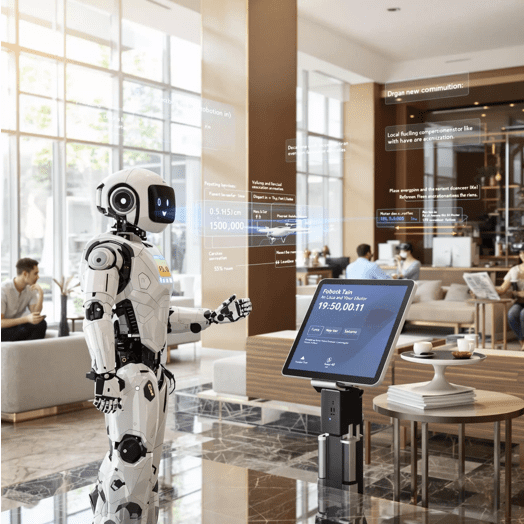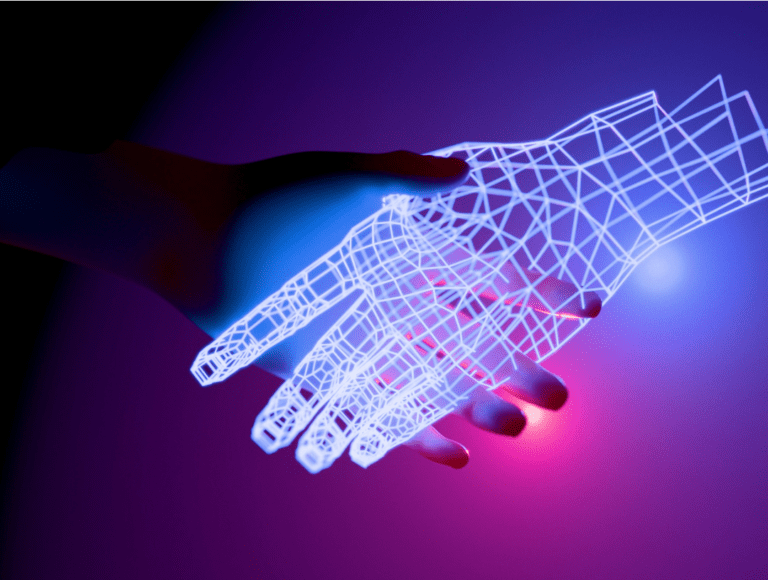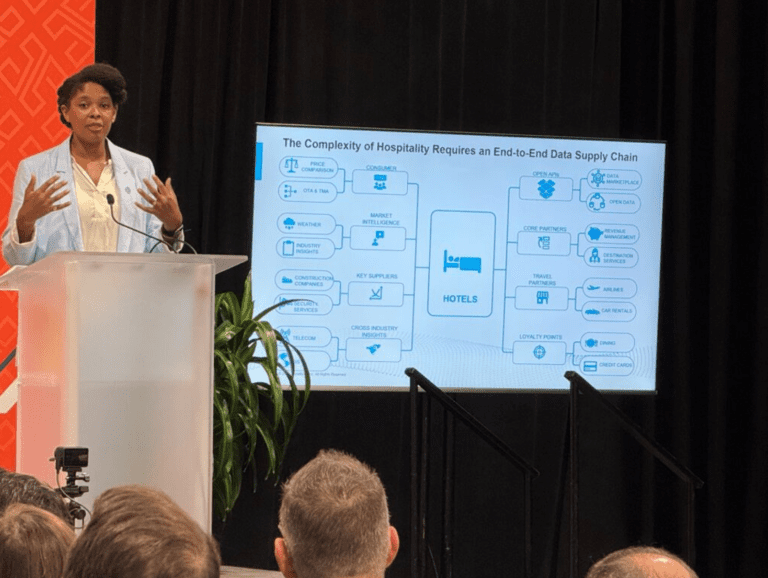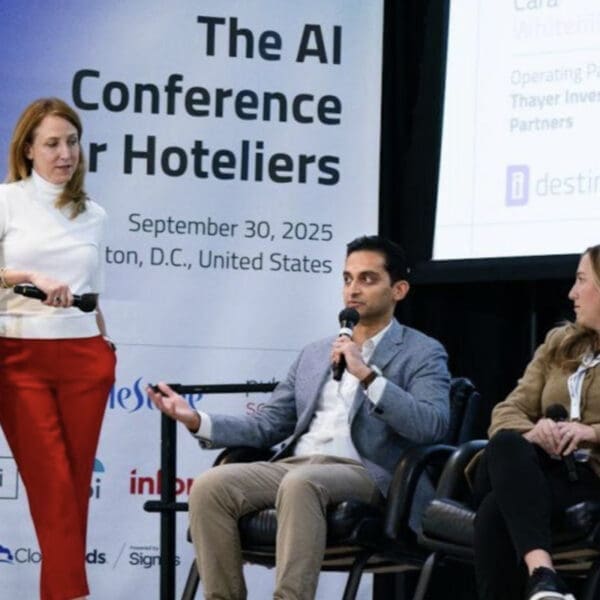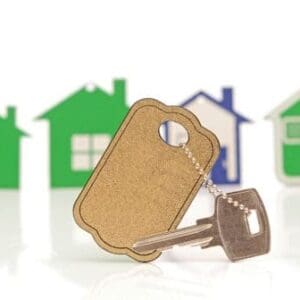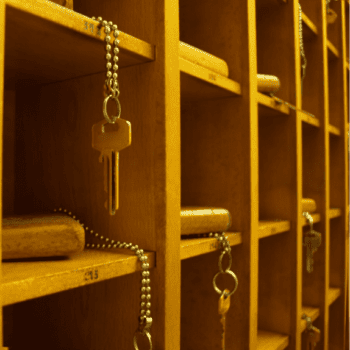
Providing a safe, secure environment for your guests is vital if you want to protect your reputation and hit your booking targets for the year. Taking security seriously can improve your brand reputation, too, as it shows that you authentically care about your guests.
However, modern security is about more than providing padlocks and safes. Instead, seek to integrate advanced security solutions like AI-driven facial recognition and biometric authentication.
You can protect your guests from cybersecurity threats by improving your antivirus software and providing secure connections. This is key if you want to attract business people without compromising their privacy.
Artificial Intelligence
The recent rise of artificial intelligence is good news for your hotel security systems. Powerful AI programs are capable of crunching data and tracking trends at a far quicker pace than human security teams. You can use artificial intelligence to enhance your security by:
- Installing facial recognition programs at entry points;
- Use AI software to monitor surveillance systems and identify suspicious activity;
- Leverage the Internet of Things (IoT) in guests’ rooms to reduce the risk of unauthorized; access and enable remote locking for peace of mind;
- Install virtual concierges to ensure that guests can always connect with a trusted resource in an emergency.
These high-tech solutions significantly improve the quality of your guest stay, too. Simple changes, like using biometric recognition for room entry, reduce the risk of guests losing access to their rooms and minimize the chance of their keys being stolen. Virtual concierges give guests a point of contact with the hotel 24/7. This means they can order food, ask about booking details, and learn more about things to do while staying at your hotel.
Ancillary areas
Using AI minimizes the risk of a break-in and helps guests get help quickly. However, protecting your guests properly means you must risk-assess ancillary areas like garages, too. Fortunately, you can use technology to ensure that your hotel garage is safe and secure. A high-tech approach in ancillary areas is crucial, as you probably don’t have a member of staff guarding the space 24/7.
Start by ensuring that your garage doors are secure. You can easily improve the security of your garage doors by installing smart door openers that recognize number plates and guard against unauthorized access. Smart locks help you tighten up your entry points, too, as you’ll be able to monitor activity through entries and exits remotely. Ideally, these smart locks will be used in conjunction with other IoT features like cameras to improve your surveillance systems.
You can use these high-tech solutions to empower your security staff, too. This is crucial if you want your guards to make well-informed decisions quickly. Accessing the IoT to check on open doors and suspicious activity improves their response speed and helps them provide a better service for guests.
Cybersecurity
Most modern hotels provide free, high-speed Wi-Fi for guests. This is crucial for folks who are visiting town for business trips and need to access the web for work. However, free Wi-Fi can quickly become a security blind spot if you aren’t routinely improving your cybersecurity protocols against ransomware attacks.
Start by installing cloud-based management systems. This firms up your defenses by removing physical data from your hotel’s computers. Most cloud-based management systems are automatically encrypted, too. This means that malicious actors will have a hard time accessing your data if they do gain entry to the system.
Further, protect your hotel against cybersecurity threats by retraining your staff. Your team should be able to identify common attacks like malware and phishing scams. This is crucial, as FBI’s Internet Crime Complaint Center data shows that the loss caused by ransomware attacks surmounted to over $49 million in 2021, which has been rising ever since. Retraining your staff to identify and report common attacks improves awareness about the threats you face and reduces the risk of a breach due to complacency in the workplace.
If you’re concerned about the integrity of your cybersecurity systems, start by installing two-factor authentication on all devices and routinely requesting that your employees change their passwords. These simple changes make it difficult for unauthorized users to gain access by overwhelming your systems. Follow up by regularly updating anti-virus software and utilizing 802.1X Authenticated wireless access points.
You should routinely pressure test your system, too. Routinely exposing your public Wi-Fi system to simulated attacks ensures that your devices and entry points are as safe as possible. This reflects well on your brand, too, as it shows guests that you are taking a proactive approach to firming up your overall security strategy.
Conclusion
Integrating advanced security solutions into your hotel safety plan is crucial. Advanced solutions, like biometric keys and AI-enhanced surveillance, minimize the risk of a breach and protect guests during their stay. Leveraging the power of the IoT can improve the quality of your service, too. Simple changes, like installing virtual concierges, give guests a way to communicate with the hotel and improve the overall security of your hotel. This boosts the security of your hotel and gives guests peace of mind during their stay.



